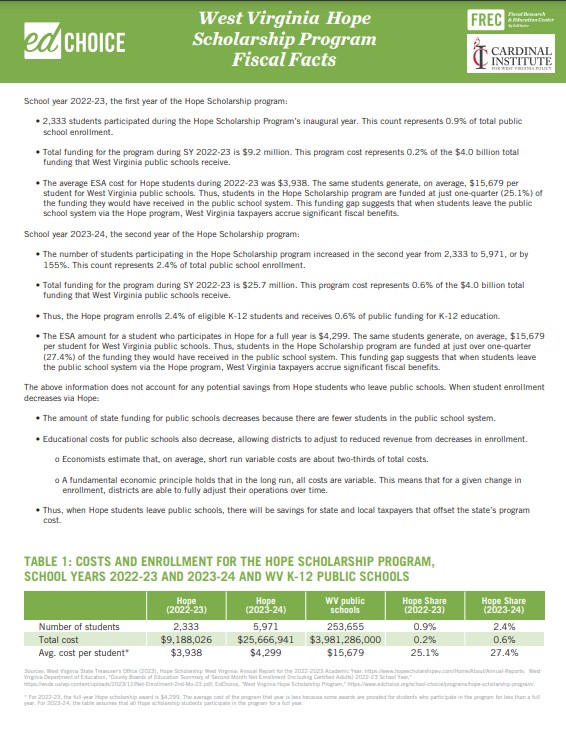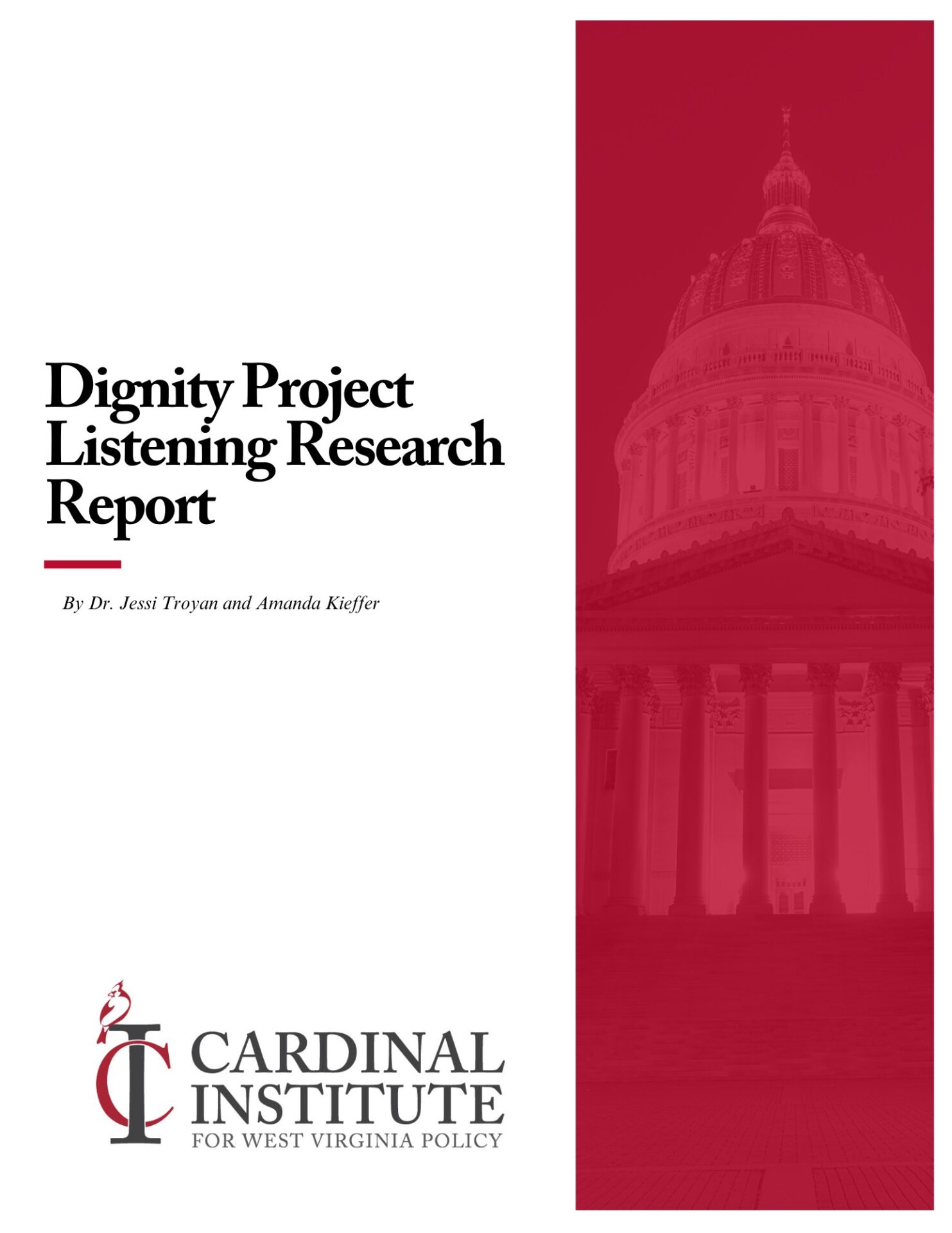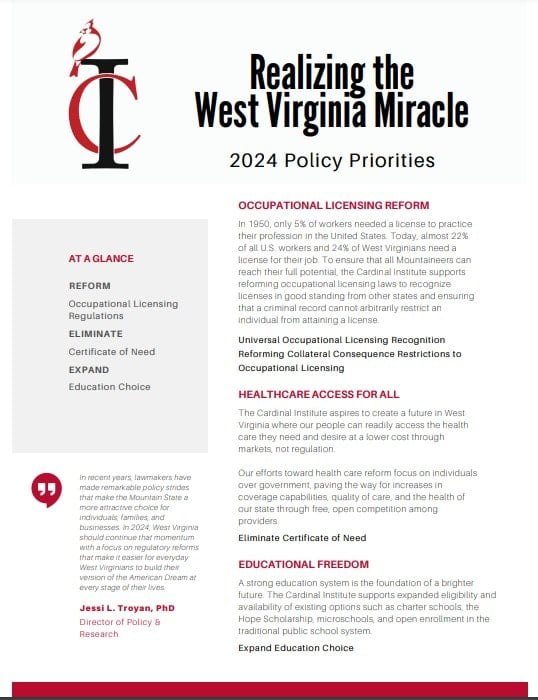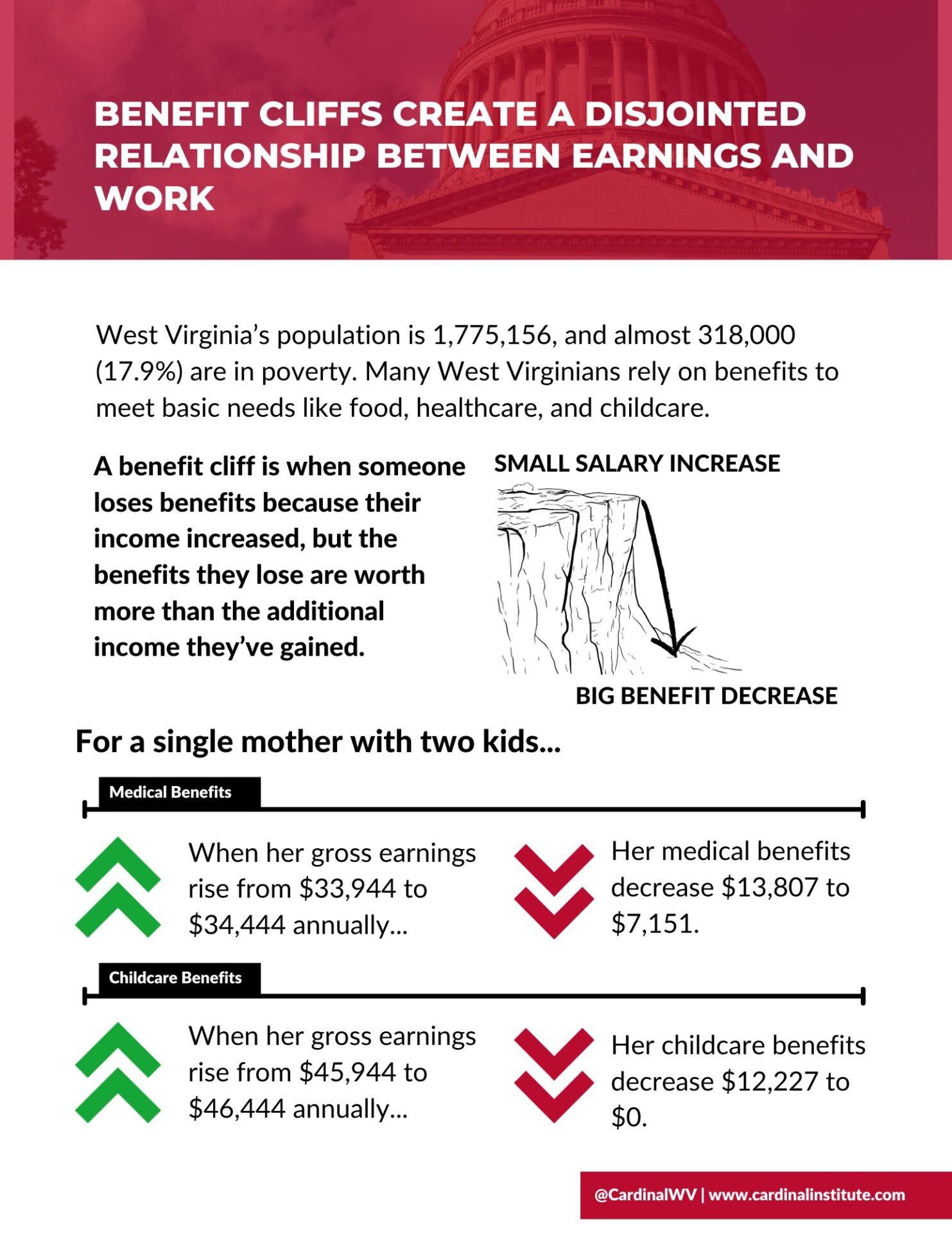Here at the Cardinal Institute, we’re devoted to prosperity for West Virginia. However, it’s hard for anyone to prosper when they are attempting to cope with anxiety, depression, and addiction. To start a business or have a successful career, one must have a sound mind. The good news is that those with mental health struggles need not suffer indefinitely. Mental health professionals offer effective treatment that can help those who are struggling find a new lease on life. Unfortunately, West Virginia has a long way to go before these treatments are viable options for most Mountaineers. Let’s look at the state of healthcare in West Virginia.
The Current Outlook on Mental Health
The data reveals that overall psychological health in West Virginia is not great. A poll conducted in February 2023, showed that 33% of West Virginians reported symptoms of anxiety disorder and 27% reported symptoms of depressive disorder. For both these categories, West Virginia was in the top five for highest states with anxiety and depressive symptoms.
West Virginia has historically been a state full of people who thrive in hard conditions. Many here would rather maintain a state of independence while facing all their problems with a stiff upper lip. Unfortunately, many West Virginians use substances to take the edge off the stressful parts of life. This often leads to addiction due to substance abuse. What needs to be communicated to West Virginians is that therapy can help them cope with mental health struggles without infringing upon their independence. In fact, therapy helps people become healthy, independent individuals who can cope with life in healthier ways.
Not Enough Providers
United Way released a study called “Mental Health Access by State” that ranked West Virginia as the third worst state for access to mental healthcare. Also, the survey noted that people in West Virginia are the fifth least likely to use these kinds of healthcare services. This suggests that there is a correlation between these two points. In places where there are more counselors, people are more likely to be willing to use their services. However, it is also possible that people are more likely to pursue careers in mental health where the occupation is more trusted.
Either way, work needs to be done in West Virginia to build trust in counselors while also inspiring people to seek mental health work as an occupation. There is a program in West Virginia that helps mental health counselors pay down their student loans if they are working in an underserved area. While student loan repayment is a controversial topic, future psychologists and counselors can take advantage of this program to help pay for school.
CON Laws and Psychiatric Hospitals
Currently, Certificate of Need (CON) laws restrict the establishment of new psychiatric facilities. CON laws require healthcare providers to gain regulatory board approval before opening a new facility. This policy is supposed to assess if there is a need in the community for additional healthcare facilities. Additionally, current healthcare facilities can sue if they want to prevent competition from opening in their area. These hurdles can make it difficult for new psychiatric facilities to open in West Virginia even though the data shows that there is clearly a need for more psychiatric workers.
Mental Health and Right-of-Center Conservatives
Generally, Conservatives are less interested in mental well-being than progressives. Progressive interest in psychiatric care may or may not be due to higher mental health issues in Progressives than in Conservatives. That said, Conservatives have much ground to gain regarding interest and research in mental health.
How does psychological health affect children in our schools? Is there a relationship between poor grades and poor mental health? Do children in education options outside public schools have better mental health than their public-school peers? This is just one example of how psychological research could explore fields that interest policy-minded Conservatives.
Millennials and Gen Z tend to be more open to discussions of mental health. And they more often use therapy as a means of coping with mental and emotional issues. That said, older generations seem to be becoming more open to things like mental health days off from work. It would seem that people are more open to discussing mental health now than in the past. Conservative leaders should take this as a call to action to do more research on the intersection between mental well-being and public policy. Our nation cannot flourish if our people do not have sound minds.
Nate Phipps is the Communications & Social Media Associate for the Cardinal Institute for West Virginia Policy.










